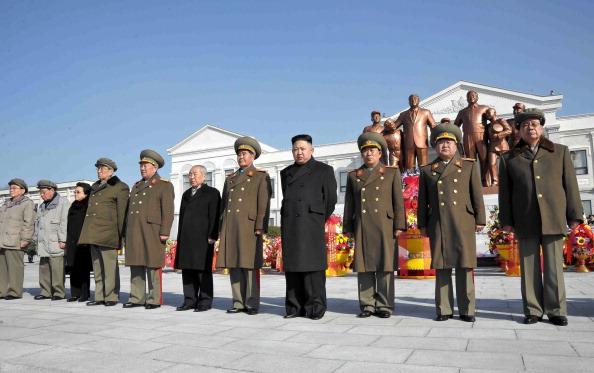SEOUL, South Korea—South Korea’s president warned Tuesday that North Korea faces collapse if it doesn’t abandon its nuclear bomb program, an unusually strong broadside that will likely infuriate Pyongyang.
President Park Geun-hye, in addressing Parliament to defend the closure of a jointly run factory park in North Korea, said South Korea will take unspecified “stronger and more effective” measures to make North Korea realize its nuclear ambitions will result only in accelerating its “regime collapse.”
Park shut the factory park in response to the North’s recent long-range rocket test, which Seoul and Washington see as a test of banned ballistic missile technology. The launch and the North’s fourth nuclear test last month put the country further along it its quest for a nuclear-armed missile that could reach the U.S. mainland.
Without elaborating, Park said the North has diverted much of the factory workers’ pay to the Pyongyang leadership, which directs its nuclear and missile development. She also said the South has sent more than $3 billion in government and civilian aid to the North since mid-1990s.
Much of the aid was made when South Korea was governed by liberal governments seeking rapprochement with North Korea from 1998 to 2003, according to her office. Park said South Korea must not provide few-strings-attached large-scale aid to North Korea “like in the past.”
She called for support for her government amid a divide in South Korea about its tough response. “Aiming the point of a sword back at us and splitting us up are things that must not take place,” she said.
South Korea’s main liberal opposition party has criticized the government’s decision to suspend operations at Kaesong, saying the measure will hurt only South Korean businessmen and deepen tensions with North Korea.
Following the rocket launch, Seoul announced that talks would begin with Washington on deploying a sophisticated U.S. missile defense system in South Korea and that the allies’ military drills in the spring will be the biggest ever. The United States plans to send four F-22 stealth fighter jets to South Korea on Wednesday in a show of force against North Korea, according to Seoul media reports.





